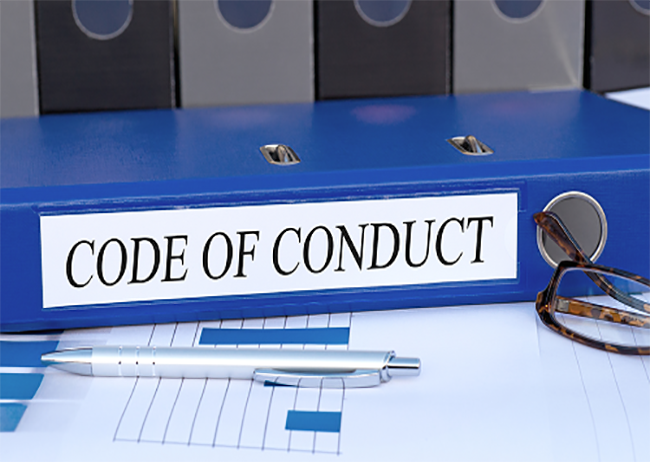Blog

Malpractice Avoidance Quick Tip
/ 05.May, 2011What is a good way to avoid professional liability? Read the Rules of Professional Conduct (RPCs). The RPCs, in and of themselves, explicitly cannot form the basis of a legal malpractice action in most states (see e.g. Pa. R.P.C. preamble at [19] “Violation of a Rule should not itself give rise to a cause of action against a lawyer nor should it create any presumption in such a case that a legal duty has been breached.”). However, the model rules do allow them to serve as evidence of a breach of the standard of care, and they do provide a good road-map for attorneys who want to avoid trouble. Far too many attorneys have not looked at this excellent guide since shortly after law school. In Pennsylvania (which largely follows the model rules) there are only sixty-six rules (fifty-eight in the model rules if I counted correctly), most of them only a few paragraphs long.
A quick look at the rules shows just how valuable they are in avoiding legal malpractice. Almost by definition, a lawyer who complies with Rule 1.1 will avoid legal malpractice actions, as that rule requires a “lawyer shall provide competent representation to a client.” Of course that’s a little broad, but the rules contain more concrete advice as well. Rule 1.4 “Communication,” requires iner alia “[a] lawyer shall explain a matter to the extent reasonably necessary to permit the client to make informed decisions regarding the representation.” In an internal review performed by our practice group 15% of our cases stemmed directly out of communication problems which could have been avoided by better communication with clients.
A couple hours every few years with the RPCs (they’re great bed-time reading), will serve you well in avoiding malpractice.


Comments